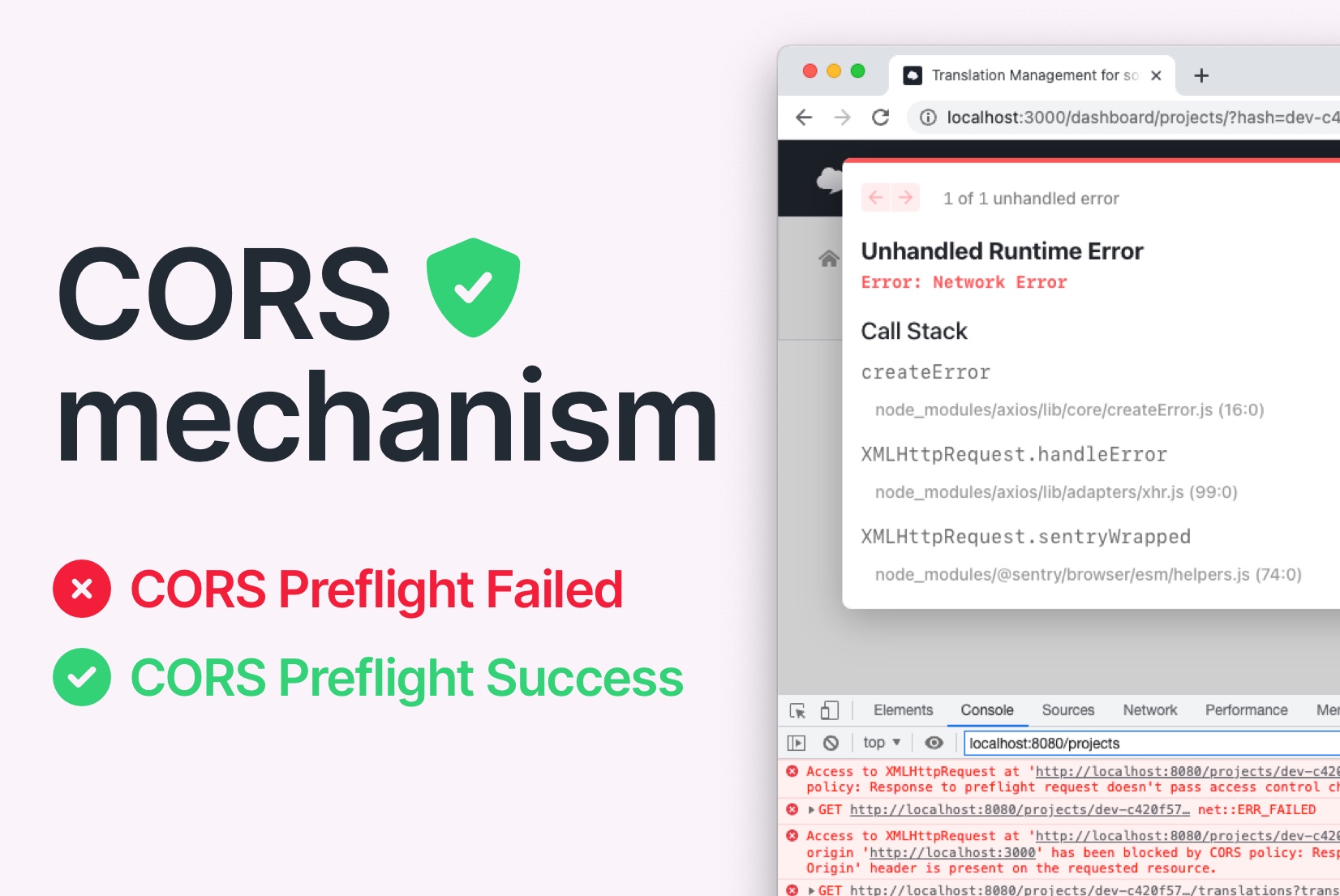How to Use Flask-CORS to Enable Cross-Origin Resource Sharing
In Flask, Cross-Origin Resource Sharing (CORS) is a crucial component that manages how resources are shared across different domains. The Flask extension flask-cors provides numerous functionalities to handle CORS effectively. Let’s take a deeper look into how Flask-CORS works and how to troubleshoot common issues.
1. Using Authorization Headers in Flask CORS
In Flask-cors, the authorization header plays a key role in security. It allows setting up specific rules for authorization to ensure only valid requests gain access.
2. Understanding and Resolving the ‘No ‘Access-Control-Allow-Origin’ Header’ Error
This error arises when CORS headers are missing from server responses. Flask-cors’ `allow_all_origins` functionality can help by including necessary headers, thus addressing this issue.
3. Decoding the Flask CORS 403 Error
A 403 error, signifying forbidden access, may occur due to misconfigured CORS rules in Flask. Careful adjustment of flask-cors settings can help rectify this problem.
4. The Role of Supports_Credentials in Flask-CORS
The `supports_credentials` parameter in flask-cors is instrumental in managing cookies across different domains. This discussion sheds light on the use of `supports_credentials`, how it differs from `allow_credentials`, and the security implications it entails.
5. Handling Multiple Origins with Flask-CORS
Flask-cors allows the specification of multiple origins, making it possible for various domains to access your resources while maintaining control over security.
6. Setting up Flask-CORS via Requirements.txt
The `requirements.txt` file provides an efficient way to install flask-cors and manage other dependencies for your Flask application.
7. Best Practices and Troubleshooting Supports_Credentials in Flask-CORS
Understanding the `supports_credentials` parameter is critical for maintaining secure cross-domain interactions. This section delves into its best practices, how it contrasts with `allow_credentials`, and common troubleshooting tips.
Conclusion
Flask-CORS offers a suite of functionalities for managing cross-origin requests securely and efficiently. Understanding the usage of its parameters, especially `supports_credentials`, and following best practices, can lead to the development of secure, robust Flask applications.












